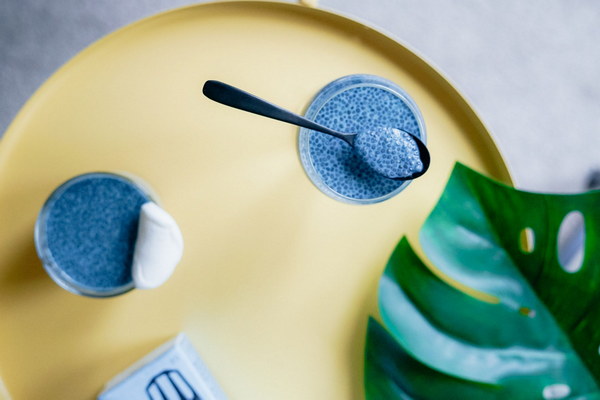Post-Lung Cancer Surgery Essential Tips for Body Care and Recovery
After undergoing lung cancer surgery, the journey to recovery involves not just medical treatment but also careful attention to body care and wellness. The following article provides essential tips and guidelines on how to care for your body post-surgery to ensure a smooth and healthy recovery.
Understanding the Recovery Process
The recovery from lung cancer surgery can vary greatly from person to person, depending on the extent of the surgery, the individual's overall health, and the type of cancer. It's important to understand that healing is a gradual process and patience is key. Here are some tips to help you care for your body during this time:
1. Follow Your Doctor's Orders
Always adhere to your doctor's instructions regarding medication, follow-up appointments, and any restrictions on physical activity. Disregarding these can lead to complications or delays in recovery.
2. Manage Pain
Pain is a common experience after surgery. Your healthcare team will provide pain management strategies, which may include medication, physical therapy, or alternative therapies. It's crucial to communicate with your healthcare providers about your pain levels to ensure effective management.
3. Gradually Increase Activity
Physical activity is vital for recovery. Start with gentle exercises as recommended by your physical therapist or doctor, and gradually increase your activity level. This can help improve lung function, increase strength, and prevent complications such as deep vein thrombosis (DVT) and pneumonia.
4. Maintain Good Nutrition
A balanced diet rich in nutrients is essential for healing. Focus on high-protein foods to support tissue repair, and consume a variety of fruits and vegetables for vitamins and minerals. If you have difficulty eating, consider smoothies, soups, or other soft foods that are easy to digest.
5. Stay Hydrated
Drinking plenty of fluids helps maintain hydration, which is important for digestion and overall health. Aim for at least 8 glasses of water a day, unless your doctor advises otherwise.
6. Get Adequate Rest
Rest is crucial for healing. Listen to your body and rest when you feel tired. Avoid overexerting yourself, as this can slow down your recovery process.
7. Manage Emotional Well-being
Coping with a lung cancer diagnosis and surgery can be emotionally taxing. Seek support from friends, family, or support groups. Consider speaking with a therapist or counselor if you feel overwhelmed.
8. Practice Breathing Exercises
Deep breathing exercises can help improve lung function and prevent complications such as pneumonia. Work with a respiratory therapist or physical therapist to learn proper techniques.
9. Attend Follow-up Appointments
Regular follow-up appointments are important to monitor your recovery and detect any potential complications early. Be proactive in keeping these appointments and discussing any concerns with your healthcare team.
10. Protect Yourself from Infections
Maintain good hygiene to reduce the risk of infections. Wash your hands frequently, avoid crowds if possible, and follow any additional infection control measures recommended by your healthcare provider.
11. Focus on Quality of Life
While recovery is important, it's also essential to focus on your overall quality of life. Engage in activities that bring you joy and comfort, and set realistic goals for your recovery.

12. Stay Positive
Maintaining a positive mindset can greatly impact your recovery. Surround yourself with positive influences, and focus on your progress, no matter how small.
By following these tips and working closely with your healthcare team, you can support your body's healing process after lung cancer surgery. Remember, recovery is a journey, and taking care of yourself is the best way to ensure a successful outcome.









